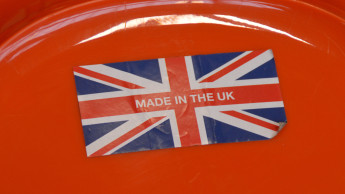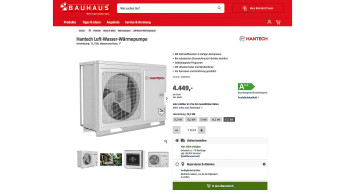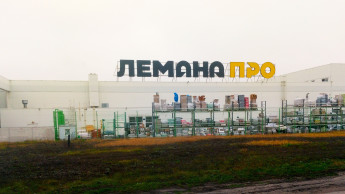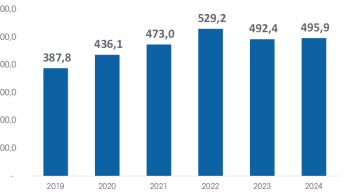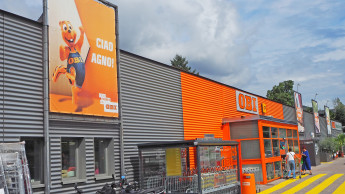
deep insights, facts & figures
25.07.2012
After a challenging 2010, the DIY market in Great Britain deteriorated further in 2011, when it declined by 0.9 per cent. However, gardening performed better, achieving growth of 1.7 per cent as it benefited from the rise in popularity of gardening among a cash-rich and expanding older population
The specialist DIY retailers faced more competition from the large supermarkets, the expanding discount chains and the increasing number of on-line retailers who started to take share. This forced the DIY multiples to further diversify into new categories, exposing them to new competitors, especially in the kitchens, bathrooms and bedrooms category. In gardening, specialists also came under pressure as more retailers looked to capitalise on the growth opportunity available there. As a result of the declining DIY market and increased competition, the highest-profile casualty of the year was Focus DIY, the fourth-largest DIY retailer in the UK, which fell into administration in May. Of the 177 Focus stores trading before its administration, 29 were subsequently acquired by Kingfisher (B&Q), 13 by other home improvement businesses including Wickes, and the remaining 135 were closed or sold to non-DIY related retailers. During 2011, B&Q’s overall sales declined 0.9 per cent (-1.8 per cent on a like-for-like basis) to € 4.64 bn. However, whilst outdoor product sales increased by one per cent, indoor DIY product sales fell around three per cent. B&Q’s retail profit grew by 10.9 per cent to € 296 mio, whilst their gross margin was up 30 basis points as it benefited from sales of higher margin products, more direct sourcing and a strong focus on operating cost efficiencies. The in-store, trade-only ‘TradePoint’ offer launched in 2010 continued to grow and attract new customers, with approximately 800 000 registered by the end of the year, which is more than four times the number registered with the previous B&Q Trade Discount card. During the first half of 2011, Kingfisher paid € 30 mio to buy the leasehold of 29 stores from the administrator of Focus DIY. Later in the year 27 reopened under the B&Q format at a capital cost of around € 22.4 mio. Sales at Homebase, part of Home Retail Group also fell in 2011, by 2.6 per cent (-2.0 per cent on a like for like basis) to €1.87bn, whilst their profit declined to €28.4m. Over the last three years Homebase has significantly updated its ‘showroom’ offer, which includes kitchens, bathrooms and bedrooms, and it has also introduced a highly regarded installation service. As a result of these initiatives, Homebase has seen its share of the big-ticket market increase from 20 per cent to 22 per cent. Homebase now holds an overall share of 23 per cent of the sheds market; this is its highest recorded share since GfK sheds market research was launched in 2007. During 2011 the retail division of Travis Perkins plc, which includes Wickes and Tile Giant, delivered an overall sales increase of 2.9 per cent to € 1.27 bn (+1.5 per cent on a like-for-like basis). Operating profit in the retail division fell to € 56 mio as lower sales and increased overheads at Wickes, due to investment in store expansion and reorganisation costs, outweighed the benefits of an improved gross margin. Travis continued to invest in Wickes, taking the opportunity to acquire 13 stores from the receiver of Focus for € 10 mio. Travis recently commented that these stores were already contributing to profits ahead of expectations, leading them to believe that the new branches will be very profitable.
Related articles
Read also

 Menü
Menü






